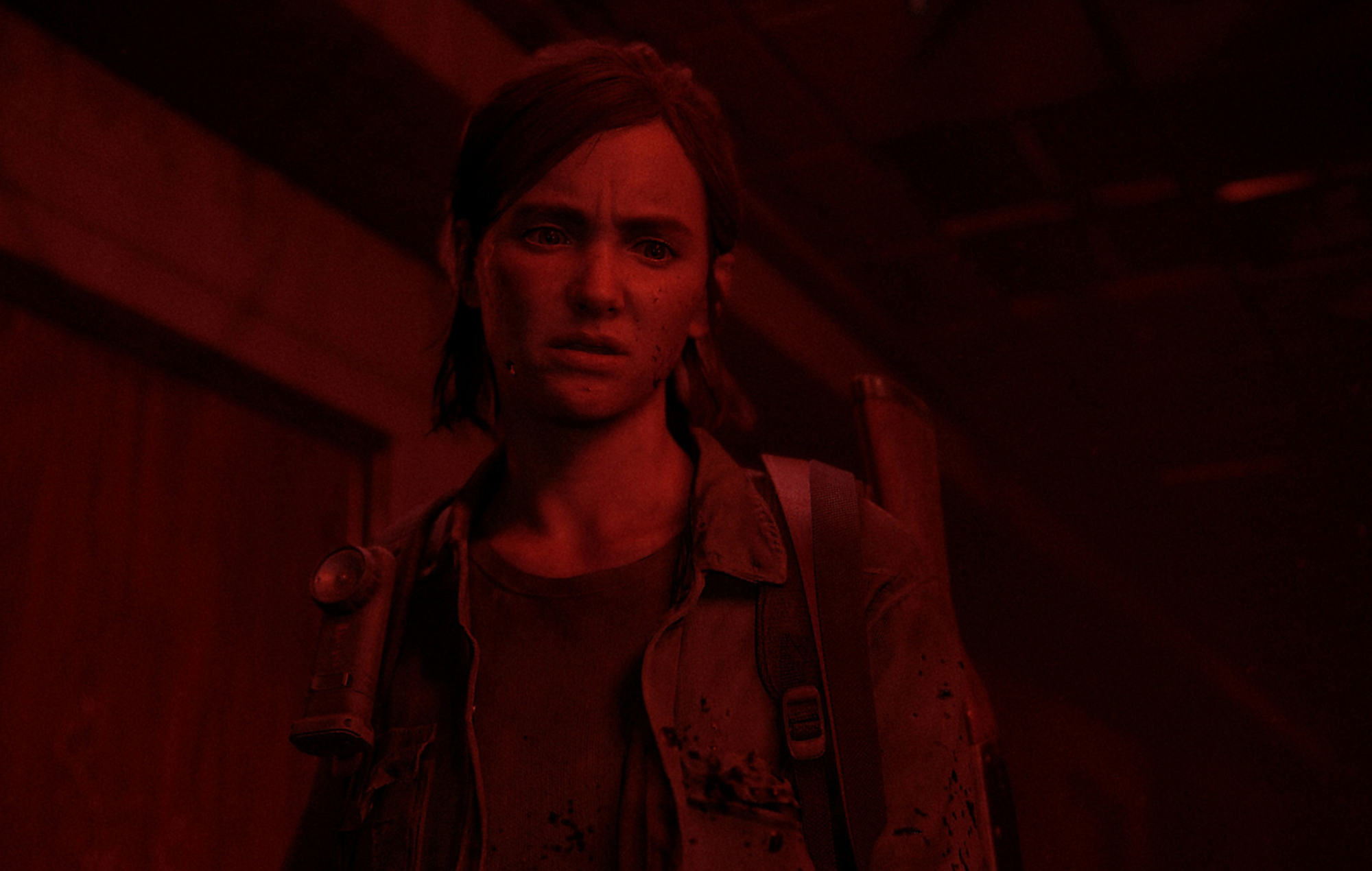
If you don’t know Ludovico Einaudi’s name, you’ve almost certainly heard his music. The master of easy-listening piano tunes, Einaudi’s chilled out instrumental records have made him the most-streamed classical artist of all time. But he’s got plenty more in his locker.
Also known for composing film scores (or as a director’s go-to for that quiet, contemplative moment when the main character hits rock bottom), some of the year’s best movies have been made better by the Italian maestro’s work. Not only did he provide the perfect audio backdrop for Anthony Hopkins’ bleak but beautiful dementia drama The Father, but his compositions also featured in Nomadland, Chloé Zhao’s moving road trip that won Best Picture at the Oscars.
As he releases a new compilation album of his tracks from the big and small screen, we caught up with Einaudi to hear about the best film scores he didn’t write.
Blue Velvet
“I remember I saw it in America, and I didn’t know what to expect. It was my first David Lynch film. I had a free afternoon and I went to see it alone. I was quite shocked by the experience. But I loved it. At the beginning it’s like an American paradise, but then [Kyle MacLachlan] finds a piece of ear in the grass and and you enter this world that has a completely different vibe. I would love to work with David Lynch one day.”
Goldfinger
“I was a young boy and I went to see it at the cinema in my hometown of Turin, Italy – at that time it was the only place to see it. I love the arrangements and the sound of the guitars. You know when your heart is connected to a first experience of something? I have that for James Bond. I’m always curious to see who’s done the new version of the theme, and what they’ve done with it.”
Doctor Zhivago
“I was fascinated by the use of [Russian stringed instrument] the balalaika. And of course, behind every great film score there is a beautiful main theme. That’s important, but it’s also important that the rest of the composition is supporting that, and so in Doctor Zhivago there are great melodies also.”
Lawrence Of Arabia
“I remember seeing it in 70mm at the cinema as a boy. It’s such an epic story – immense landscapes and exotic places with this orchestral music. It had a big emotional impact on my childhood. If you were composing it today you would think differently and maybe the approach would be different. You wouldn’t necessarily need to use a symphonic orchestra to tell that story, which is set in the desert. If it was me I would explore using traditional instruments from the region. Also, it’s very important to understand what kind of story you are telling, because Lawrence of Arabia is very connected with the desert, but the main character is an English guy. So you should also consider his musical aura, which is connected to the fact that he’s European. Maybe you could blend some European instrument with African strings perhaps?”
Blade Runner
“I would love to one day work on a science fiction film like Blade Runner, something that has that possibility to explore sound in a different way and really dive into a new world.”
“I would try and create sound with recording things, not only [traditional] instruments but using tape machines and doing a lot of experimentation. You need a library of ideas for that sort of film. Tape machines are interesting because you can change the pitch of sounds and create very low frequencies that still maintain harmony and richness.”
American Beauty
“This is how I discovered Thomas Newman – who I love, especially American Beauty. He managed to use a mix of experimental sounds with traditional sounds and combine it in a very clever and beautiful way.”
Dunkirk
“This is the kind of work that Hans Zimmer only does once in a while. It’s more interesting because he’s exploring – there are layers and it’s like a physical experience. He’s mixing the music and the sound design together in order to create tension. Sometimes there is something happening that you don’t realise is a melody – but it’s always building and adding tension.”
21 Grams
“I’m a fan of Gustavo Santaolalla. I loved 21 Grams because it was very experimental. It wasn’t a typical film score with just music – it was made of sound. I like people who explore sound – not only as notes, melodies and harmonies. When you are creating music [for a film] it is important to make something that has a shape, and the power to communicate on its own.”
‘Cinema’ by Ludovico Einaudi is out now via Decca Records
The post Ludovico Einaudi’s favourite film scores – from ‘Blue Velvet’ to ‘American Beauty’ appeared first on NME.


